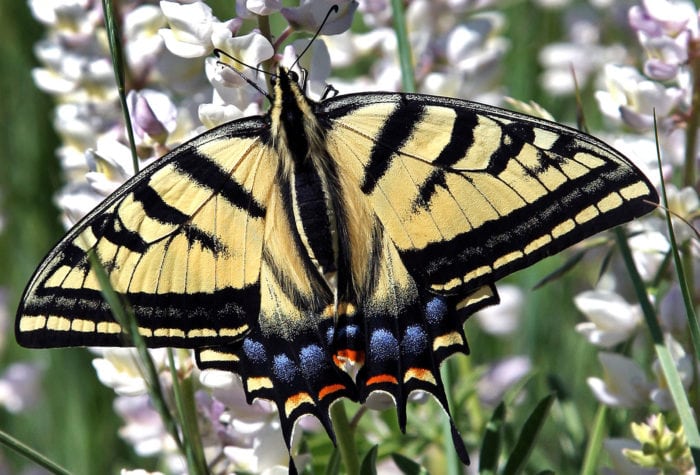Author: Kody Osborne | Published: March 29, 2019 | Categories: Where-To, How-To
For those of us who have spent time in Oregon’s high desert, there is no need to explain how truly dark skies showcase the wonders of the stars viewable by the naked eye.
Night skies relatively free from light pollution — that is, human-created artificial lighting and atmospheric disturbances such as smog — will present any viewer with a glimpse into a world truly stellar in scope. But outside of appreciating starry nights for the obvious and natural beauty, why are dark skies so important? And what can we do to preserve them?
Dark skies are important to organisms that call the wild their home. Animals rely on the naturally dark sky for their very survival. A large portion of wildlife on our planet have evolved to be nocturnally active species. For species of prey like a deer mouse, it means having the cover of dark to survive predation by predators less adapt for darker conditions, foraging for food in relative safety. Not all predators can dive at prey like a peregrine falcon, exceeding speeds of 200 mph. Great-horned owls have to rely on more subtle methods of pursuit, using the cover of night to hide in plain sight while silently stalking their quarry. Many animals rely on the position of the stars and moon to navigate pathways of migration. Artificial lighting from nearby cities and other human habitations distort their view, making it harder for them to follow ancient, irreplaceable biological processes.
